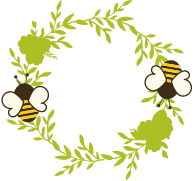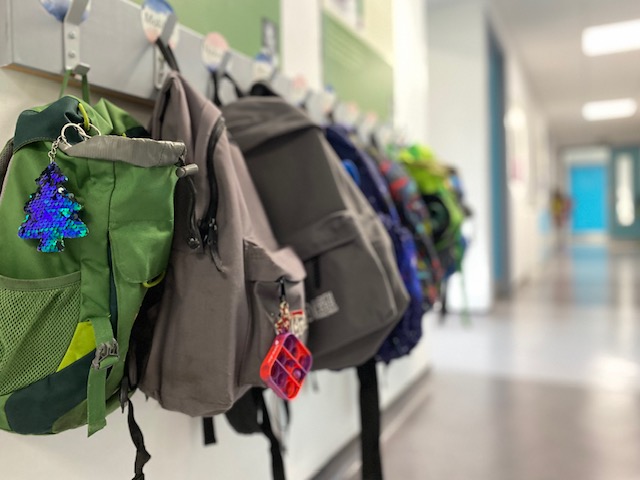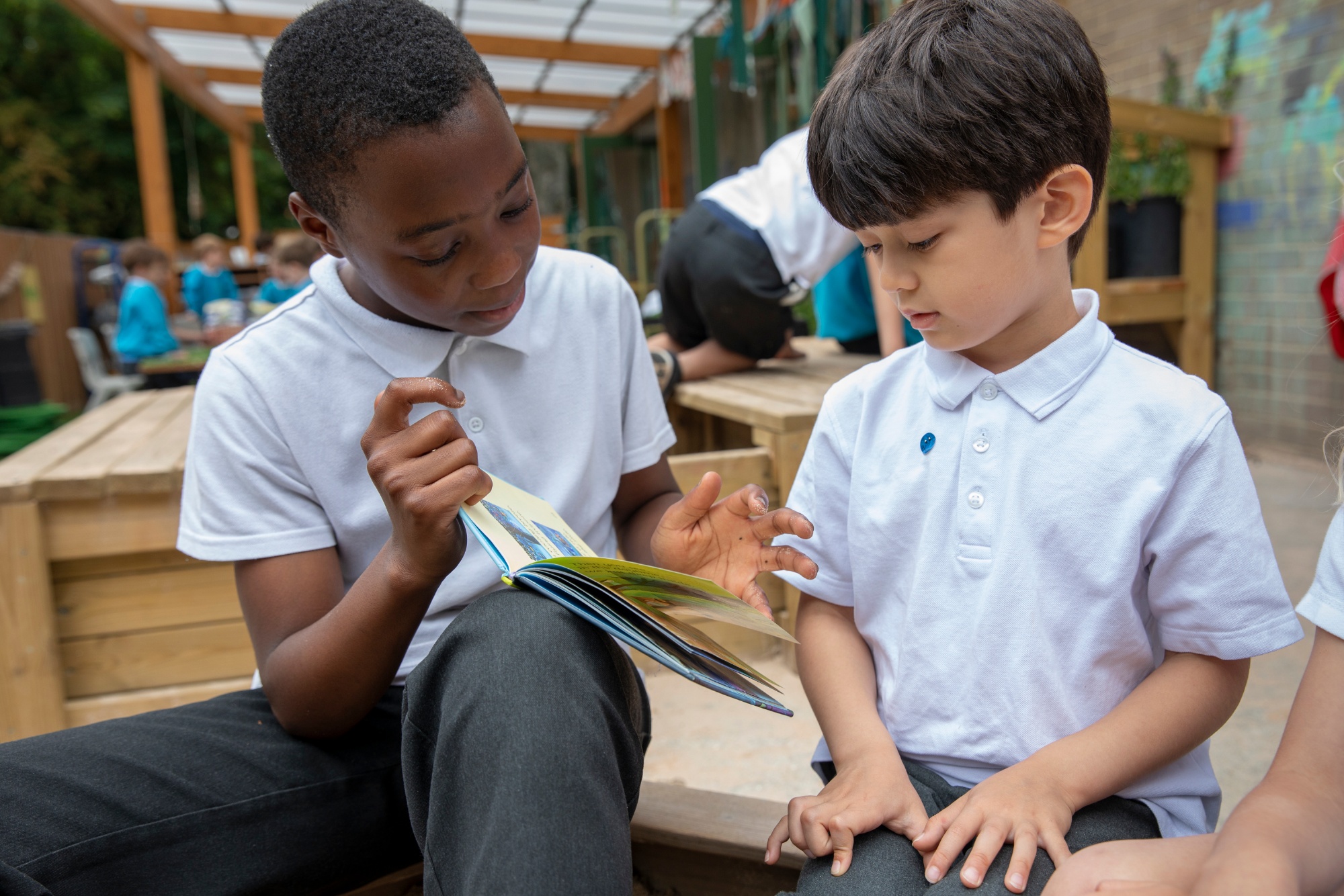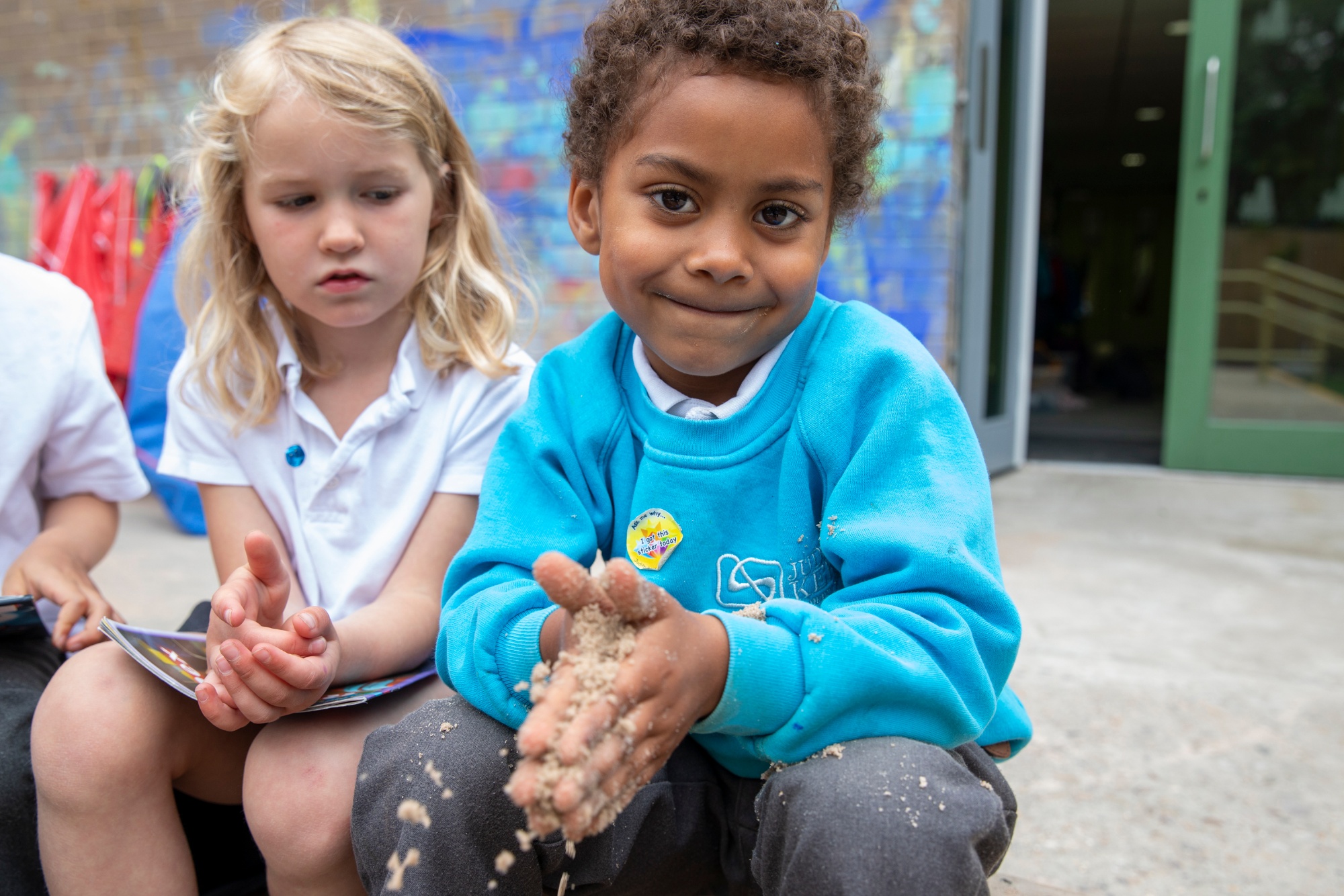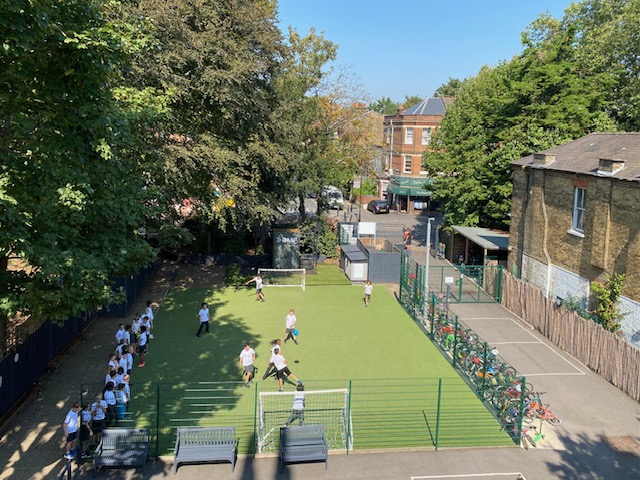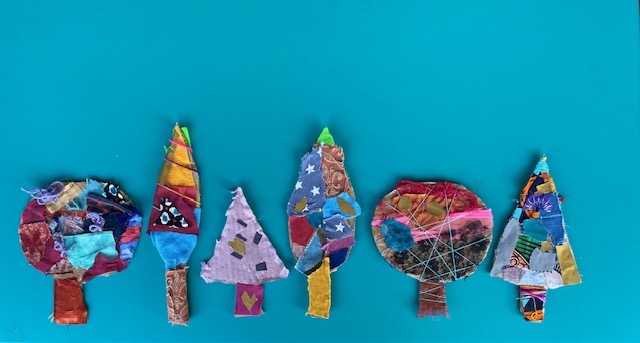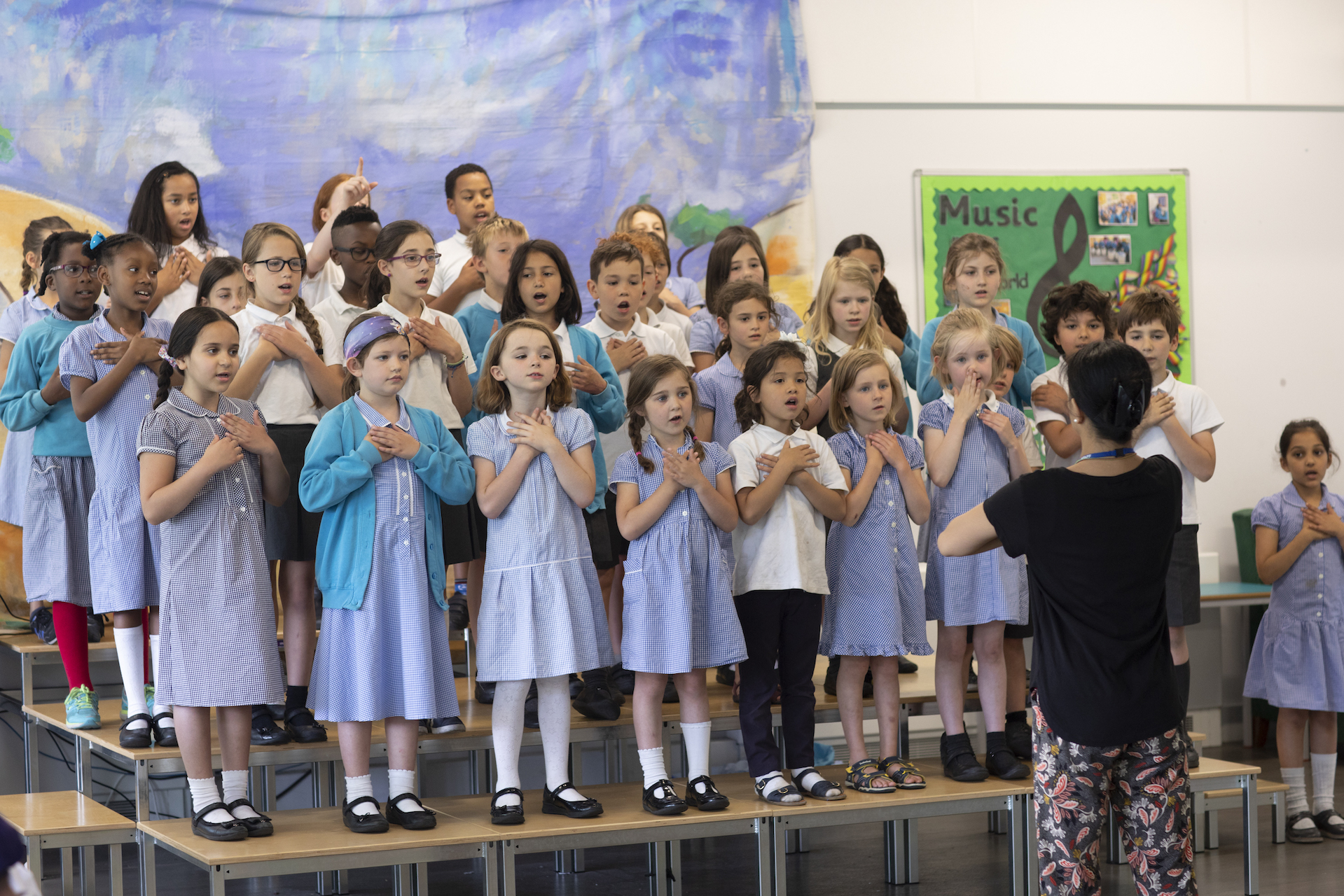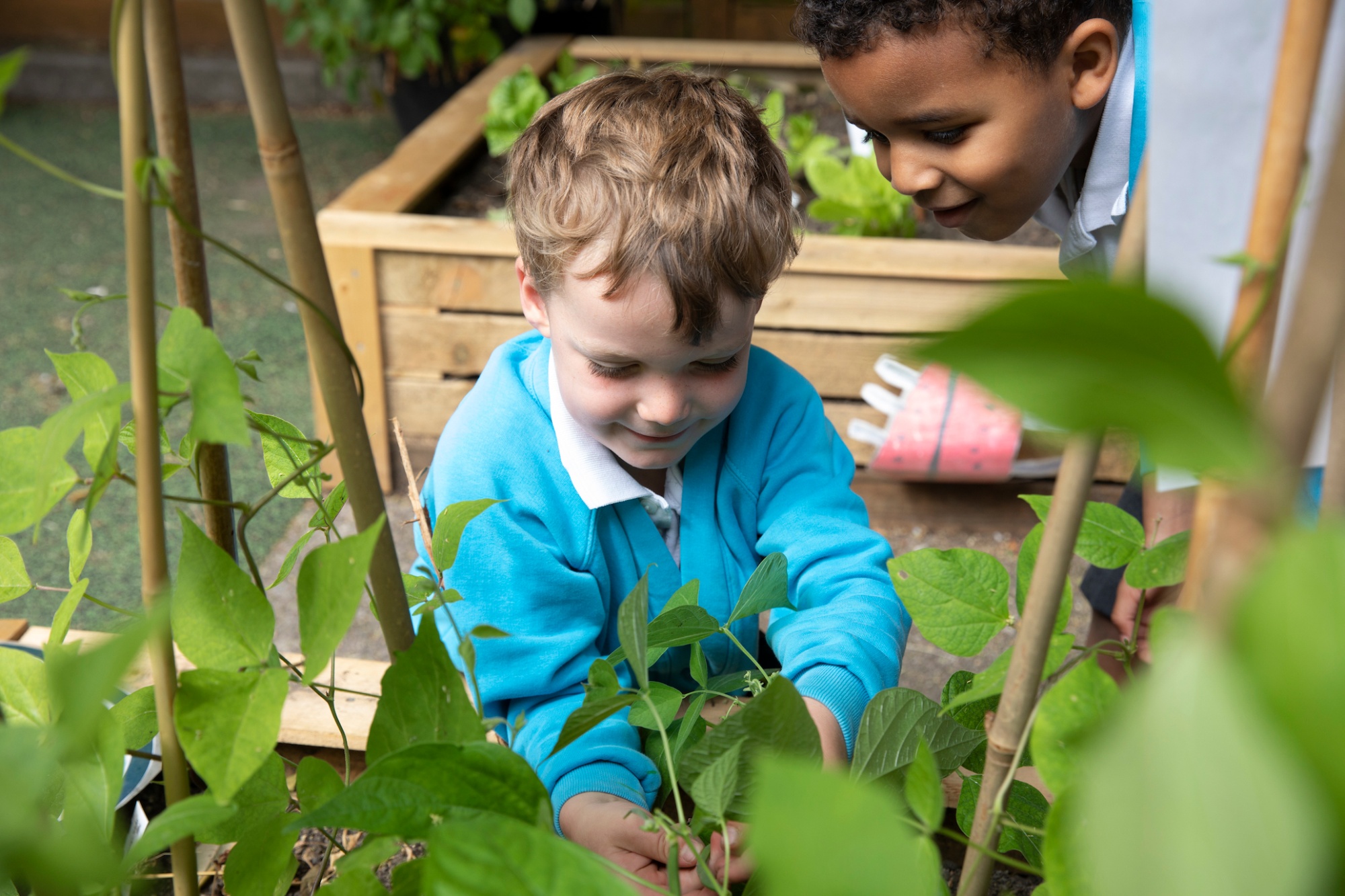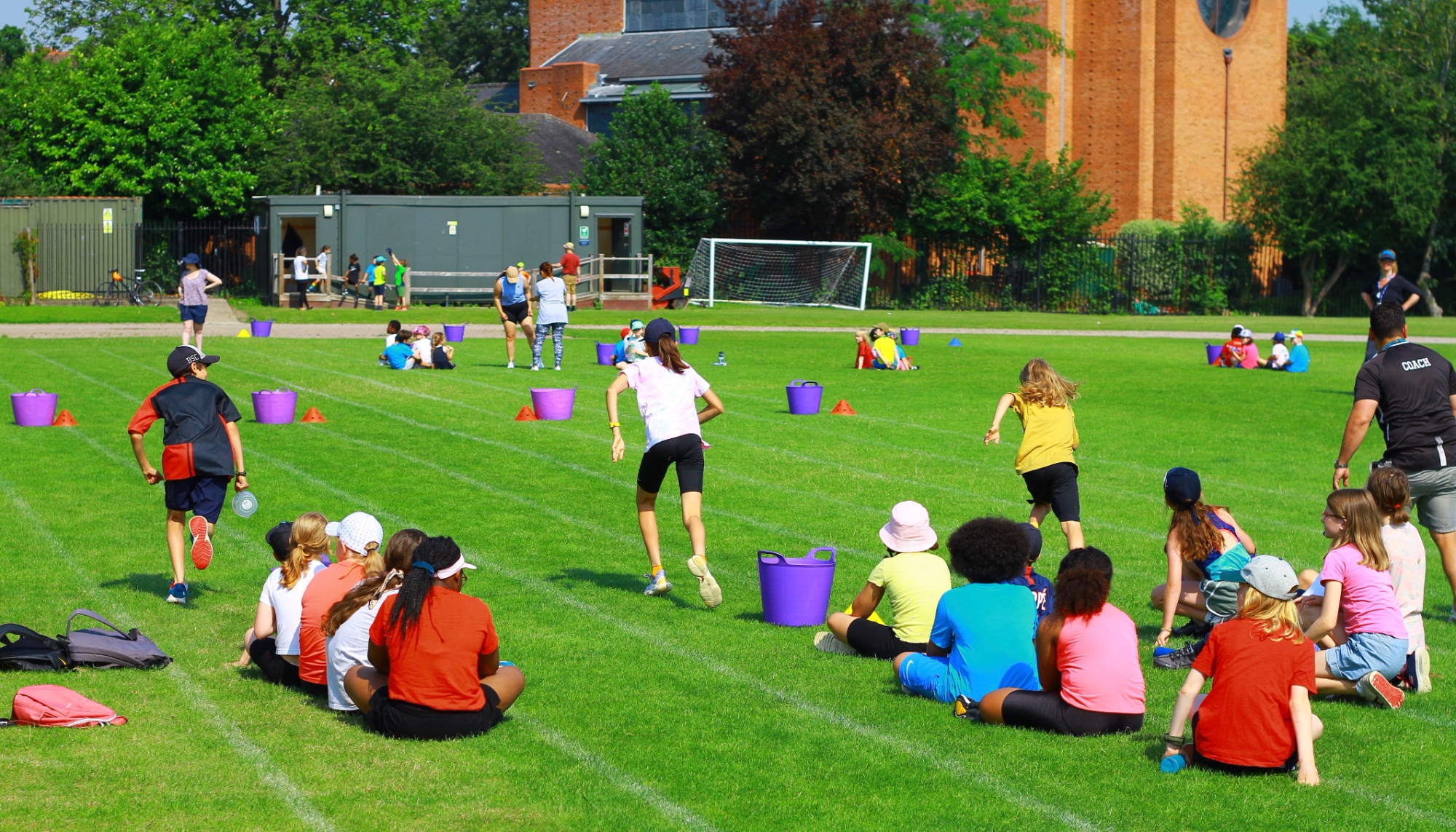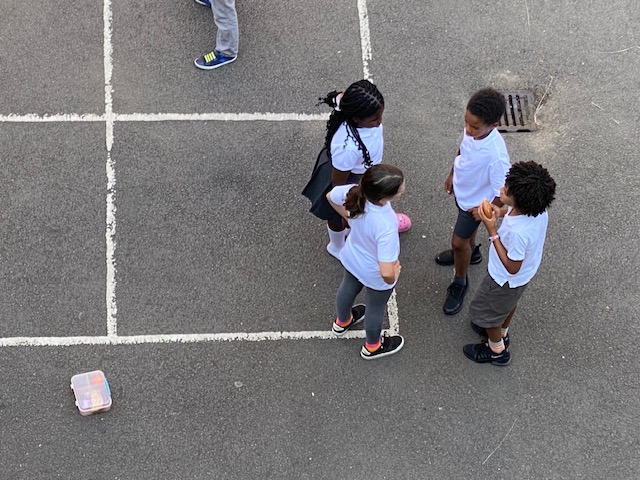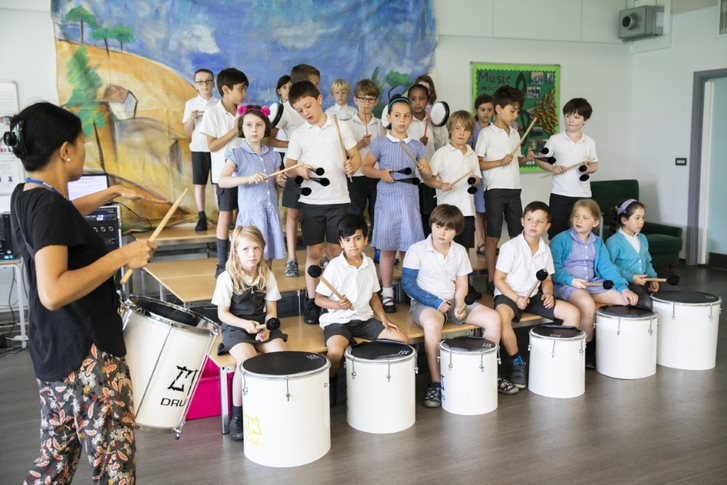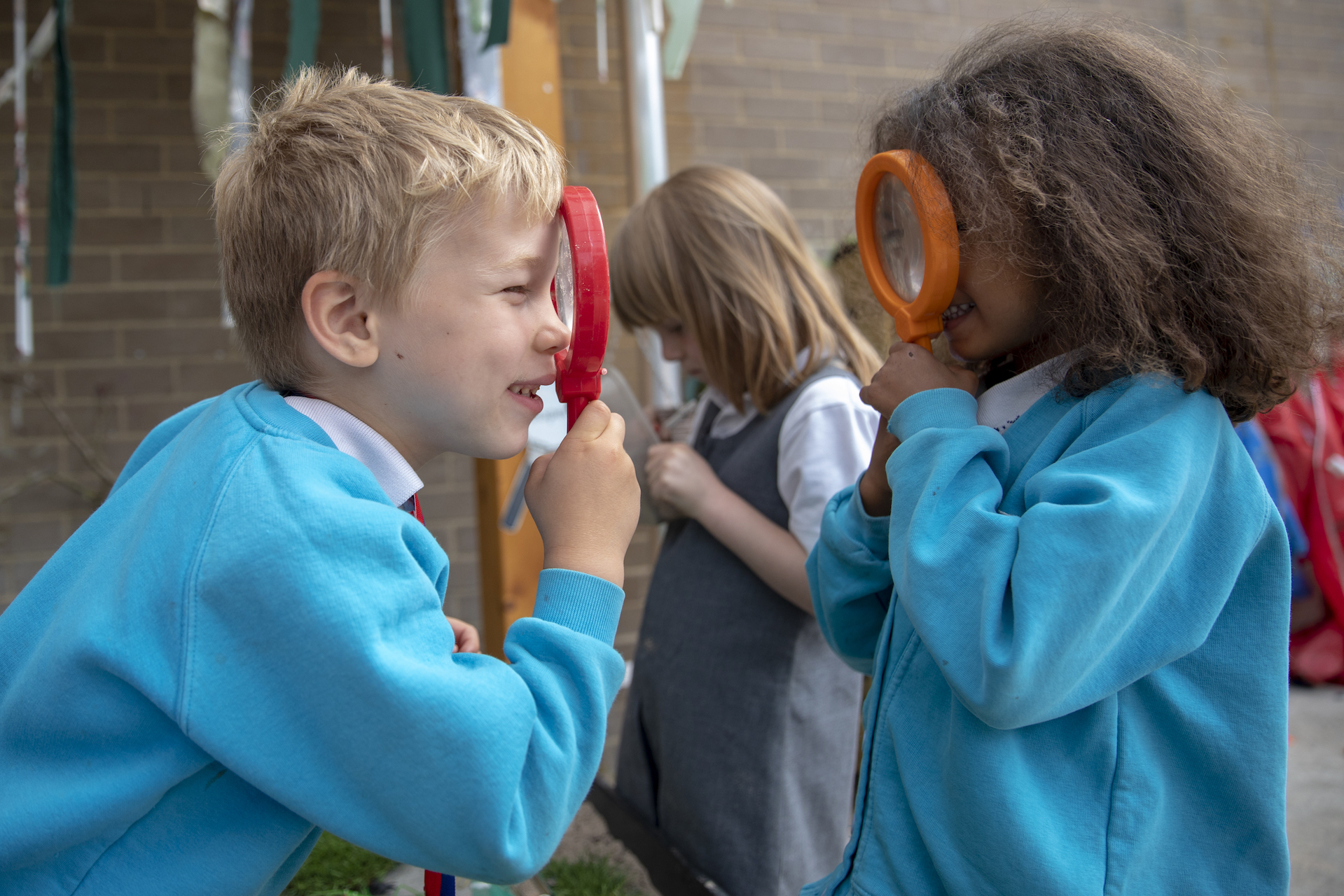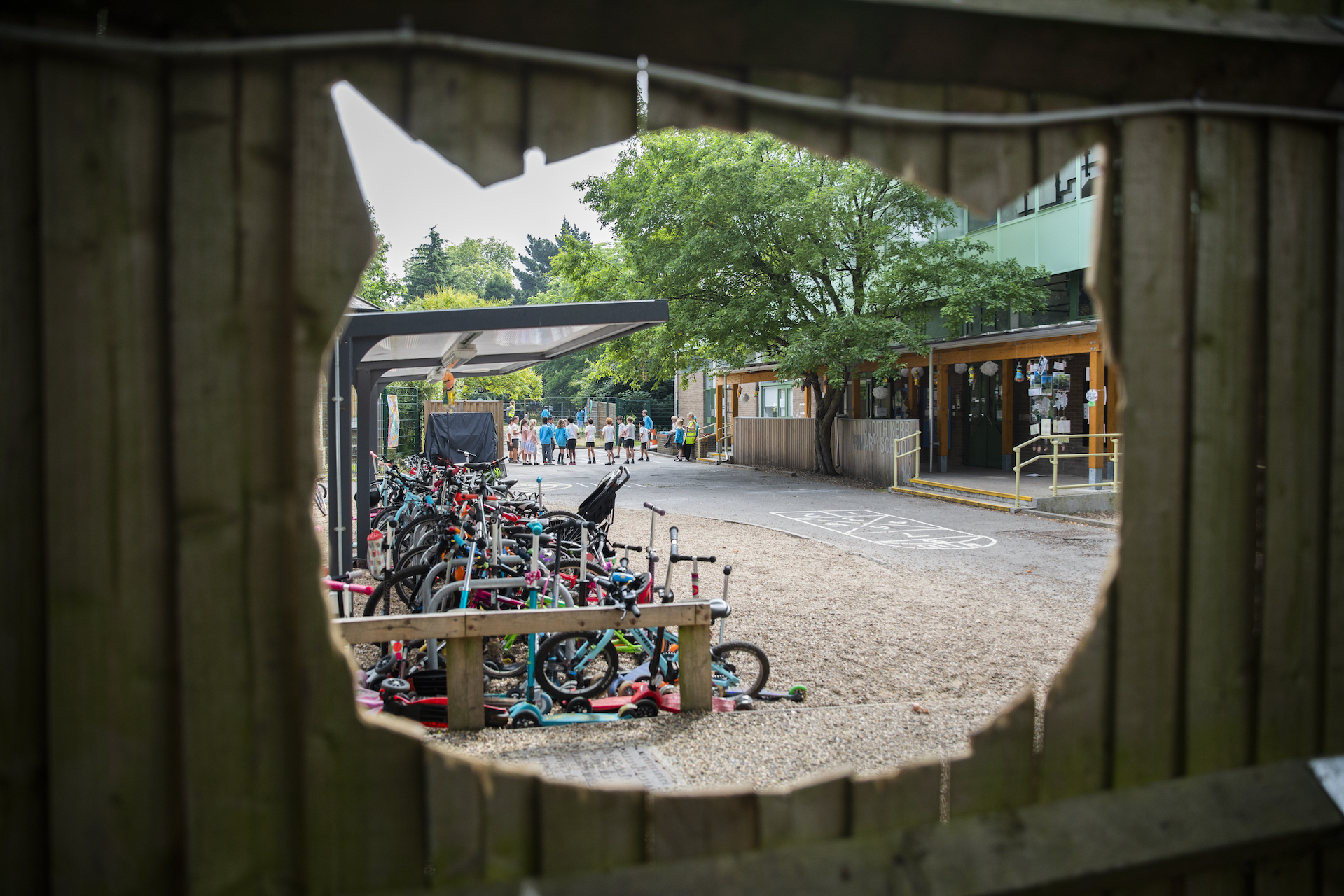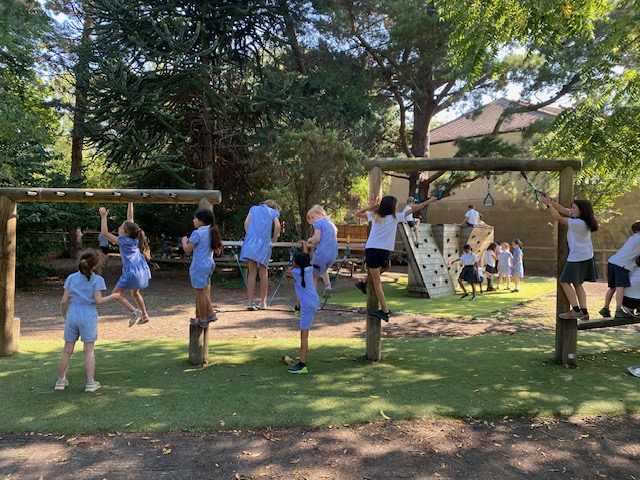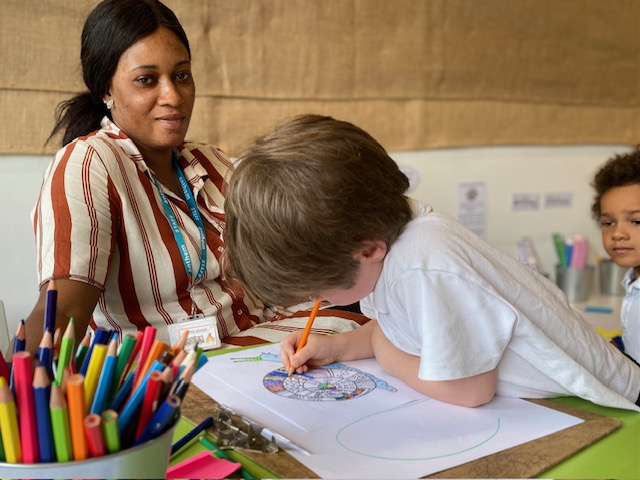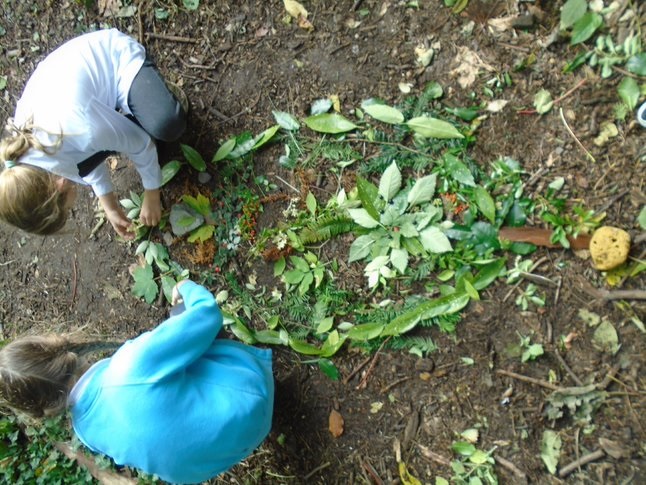Our Curriculum
At Judith Kerr Primary School, all pupils are immersed in a creative curriculum that is rich in language and provides learning experiences which promote high levels of pupil engagement, inclusion and achievement.
Intent
What is a Knowledge Based Curriculum?
Knowledge is sequenced and mapped deliberately and coherently: the curriculum content has been carefully chosen by subject experts and is organised in a coherent way, ensuring children can build on their knowledge from year to year. In this way, the knowledge in the curriculum is cumulative, constructing firm foundations from which children can progress and develop deeper conceptual understanding and subject-specific skills over time.
Curriculum coherence ensures that teaching does not jump from topic to topic, but enables children to develop knowledge over time, as well as a love of subjects. Subject content is crucial to this approach- the rich content of the curriculum inspires children and plants the seeds for a lifetime of learning.
Key principles;
- Knowledge is valued and specified
- Knowledge is well-sequenced
- Knowledge is taught to be remembered
Implementation
The Knowledge Curriculum is implemented by the class teachers following high quality short-term lesson plans that follow the knowledge outcomes set in the year overview. These short-term lesson plans are supported by knowledge organisers, which are multi-purpose. They are shared with the pupils at the beginning of each unit, sent home and used as a constant resource throughout each unit. The teachers use them as a reference tool and they outline the essential knowledge the pupils must learn.
Lessons ensure that teachers present the subject matter clearly, develop a broad and rich vocabulary and promote appropriate discussion about the subject matter being taught.
The curriculum provides children with memorable experiences, in addition to diverse and rich opportunities from which children can learn and develop a range of transferable skills. The children’s own community, its heritage and traditions are used and referred to throughout lessons for engaging interest.
Impact
- to be knowledgeable about content and the world around them
-
to recognise the connection between significant events and people and how they have influenced the modern world
-
to transform their minds so that they are able to make reasonable and informed judgements
-
to ensure they can engage fruitfully in conversation and debate
-
to develop confidence that comes from possessing a store of essential knowledge and the skills
-
to have a sub-set of knowledge and the accompanying vocabulary that will maximize chances of leading rich and fulfilling lives
-
to recognise their own role in becoming a responsible global citizens
-
Enjoyment of the curriculum promotes achievement, confidence and good behaviour.
-
Children feel safe to try new things.
-
High quality visits and visitors to the school enhance the curriculum and provide opportunities for writing for a purpose.
-
Children have opportunities to share their learning with each other, their parents and carers and other learners through school-based and external exhibitions, performances, competitions and events involving other schools.
-
Developing their independence and motivation as learners and their sense of responsibility as future citizens is at the heart of all our teaching and learning
We are a fully inclusive mainstream school and we comply with the Equality Act 2010 and the Special Educational Needs and Disability Regulations 2014. Our aim is for all pupils to achieve their potential - personally, socially, emotionally and academically - in all areas of the curriculum (regardless of their gender, ethnicity, social background, religion, sexual identity, physical ability or educational needs).

